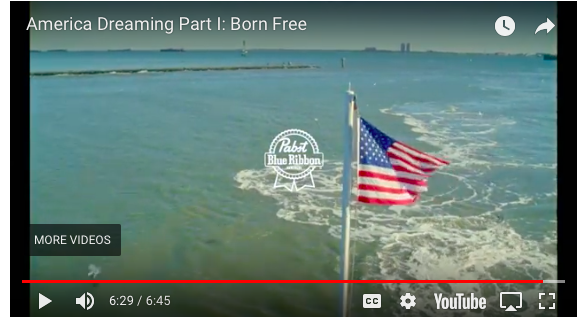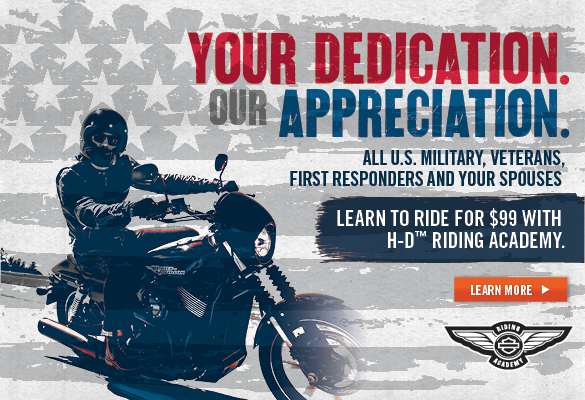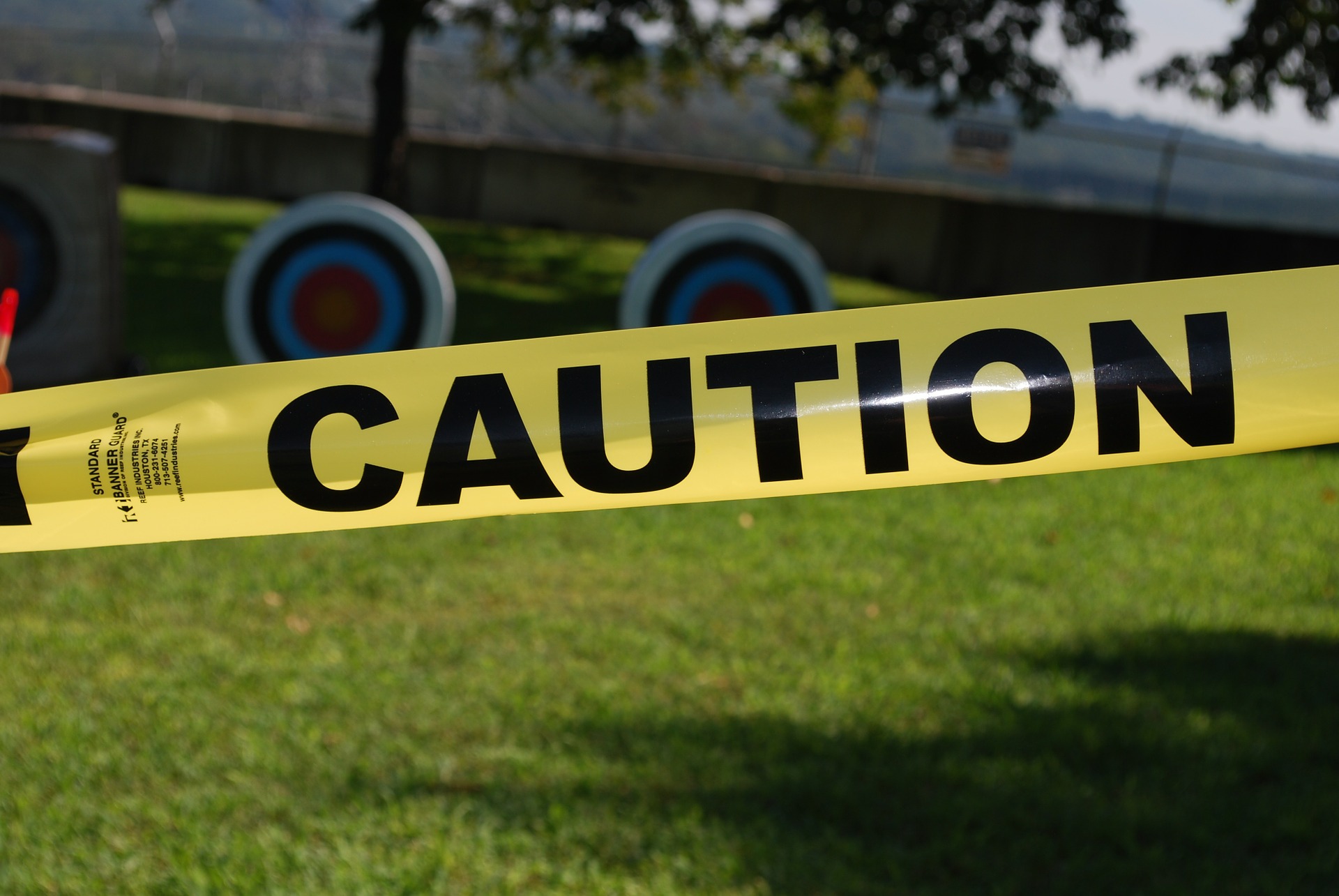Scanning the annual Brand Keys list of 50 Most Patriotic Brands in America, you might get the idea that America is synonymous with fast food, fast cars, whiskey, and blue jeans. Who can argue with that? Yet it’s one thing for a brand to have earned an association with all things USA, but another for it to be pandering to patriotism in hopes of riding a red, white, and blue wave. To complicate matters, the polarized political environment has made it more challenging for brand marketers to hit the right notes when it comes to national pride.
Here are some brand marketing/PR campaigns that prominently feature American iconography… for better or worse.
PBR Stays Woke
Pabst Blue Ribbon has a progressive interpretation of independence in its “American Dreaming” campaign, which is co-produced with Vice News. A pair of six-minute documentaries features the first-person narratives of a group of Americans that includes the daughter of an undocumented immigrant, a drag queen, Latinx, and others – all meant to express that “the most diverse generation in American history is redefining the American Dream.”  The videos emphasize the themes of freedom and opportunity while using patriotic imagery like uniformed service members, western landscapes, and a nightclub rendering of the Star Spangled Banner. Unlike Budweiser’s recent “America” beer campaign, PBR’s resonates. And there’s a PR twist; the brand invites people to call in to share their own American Dream experience. The videos are well produced and offer a powerful take on a very inclusive patriotism that clearly targets Millennials.
The videos emphasize the themes of freedom and opportunity while using patriotic imagery like uniformed service members, western landscapes, and a nightclub rendering of the Star Spangled Banner. Unlike Budweiser’s recent “America” beer campaign, PBR’s resonates. And there’s a PR twist; the brand invites people to call in to share their own American Dream experience. The videos are well produced and offer a powerful take on a very inclusive patriotism that clearly targets Millennials.
Hardee’s tastes like America?
Hardee’s has a different take. In April, it launched its Tastes Like America campaign as part of a rebranding effort. A one-minute video evokes summer in the heartland, with pleasing images of trucks and farms under a (terrible) soundtrack that mashes R&B with country vocals. The ad doesn’t address issues like freedom and opportunity like the PBR campaign, but it’s a soft sell that links the brand with classic American pastimes like fun with friends and gleeful consumption of fast food, of course. The brand is clearly using patriotism to sell burgers, but unlike the PBR campaign, it doesn’t feature much diversity and there’s no real message beyond enjoyment. The jury is out on this one, but it’s fun.
You can’t spell sausage without USA!
Another comfort food company, Johnsonville, has established itself as a light-hearted, accessible brand with humorous “member commercials” campaign – a conceit in which TV spots are conceived by customers. This summer, Johnsonville has partnered with the American Cornhole League (ACL) – yes, you read that right – as part of its “You can’t spell sausage without USA” campaign. The aggressive PR program involves the ACL sponsorship, a 12-minute documentary “A Bratwurst Story”, a limited time Firecracker Brat offering, a “Made in the USA” TV spot, and t-shirts for sale on the website. It’s a quirky campaign light on sentimentality and large on humor, and it works.

Harley Davidson’s #FreedomMachine

Burgers, beer, and sausages are foods we may consume proudly, but linking them to “freedoms” can be a stretch. One brand that more naturally represents American independence is Harley Davidson. Harley’s alignment with American ideals stems from the idea that its bikes are the very vehicles of freedom, or at least mobility.
Harley is currently running a campaign called #FreedomMachine along with a cool music video touting the brand. Additionally, it’s offering special discounted riding lessons for military and first responders — a nice touch. To Harley’s credit, the video and the website make spare use of the flag, and the only overtly patriotic image is a bald eagle. The brand’s American flavor feels more authentic than the others, since its messages of freedom rise above lip service.
Unfortunately for Harley, its current marketing campaign is being overtaken by a very public dispute with President Trump. After a tweet calling the president a “moron” was falsely attributed to CEO Matthew Levatich, Levatich responded on Twitter in dignified fashion, debunking the fake post. Apart from that, the Harley PR team has been quiet as Trump lashes out. He has repeatedly blasted its decision to move some production overseas in response to retaliatory tariffs by the EU. Presumably Harley has too many real business problems to escalate the war of words — or tweets — and has wisely opted to take the high road.
Brands like PBR and Harley Davidson can market national pride because they are iconic and have been linked to American culture for years. For Hardee’s and Johnsonville, the link is less intuitive. A campaign that oversteps, like the Dodge Ram Super Bowl TV spot that used Reverend Martin Luther King’s words as a voiceover, will experience a media and public backlash. When wrapping your brand in the flag, it’s best to make sure the link is a strong one, and that it whispers rather than shouts.

